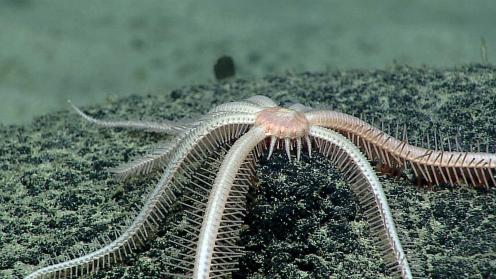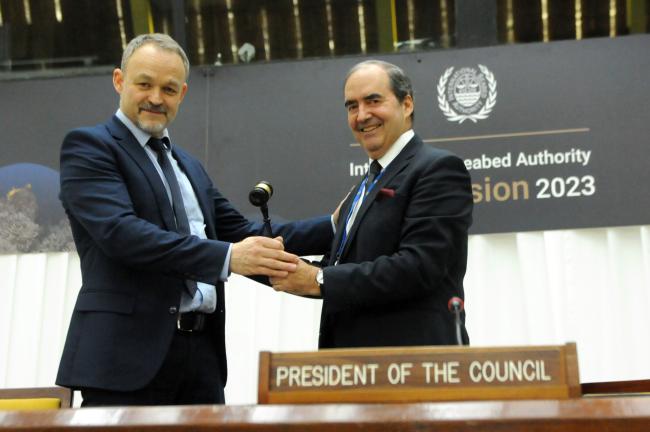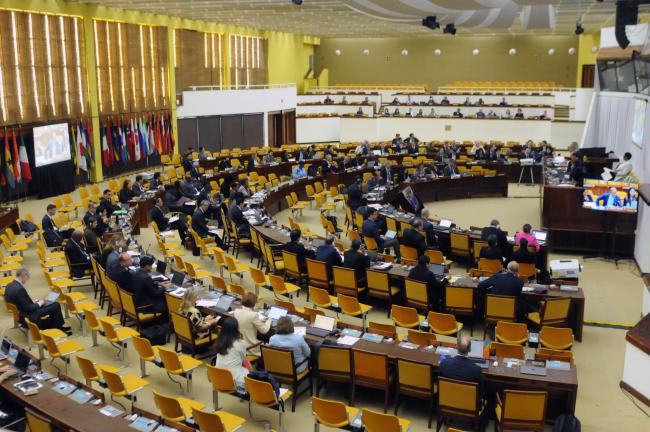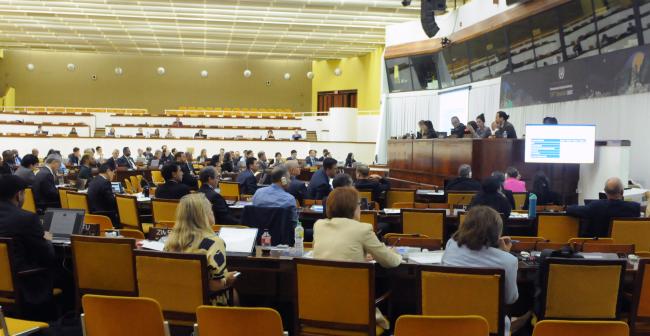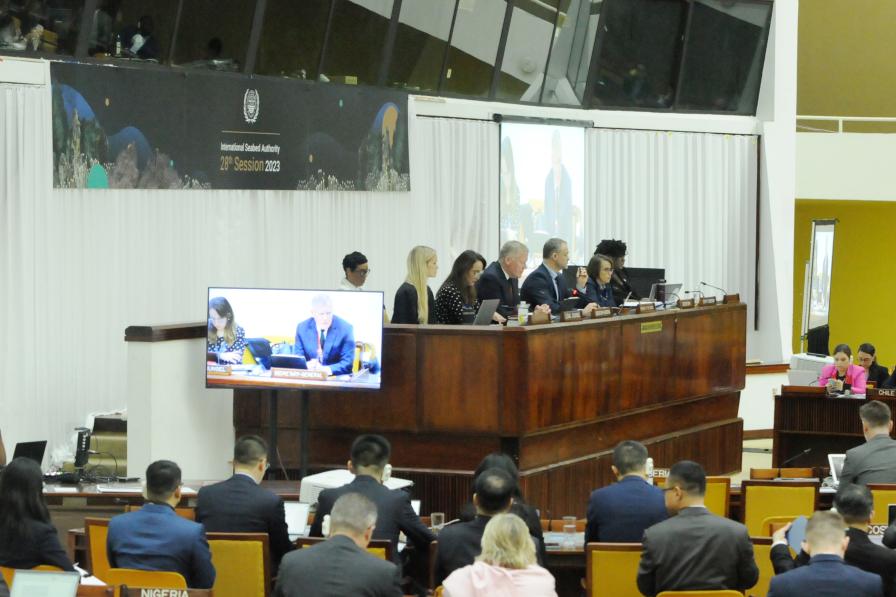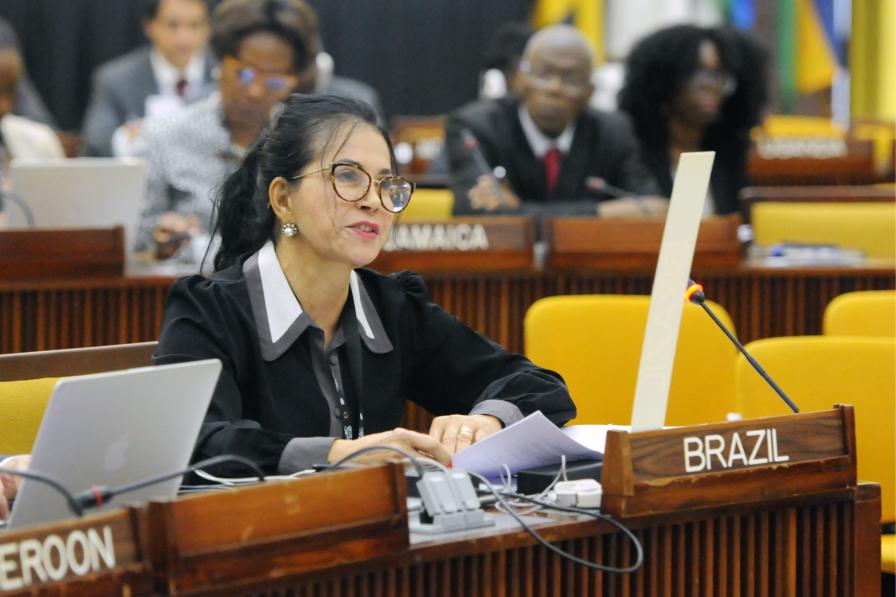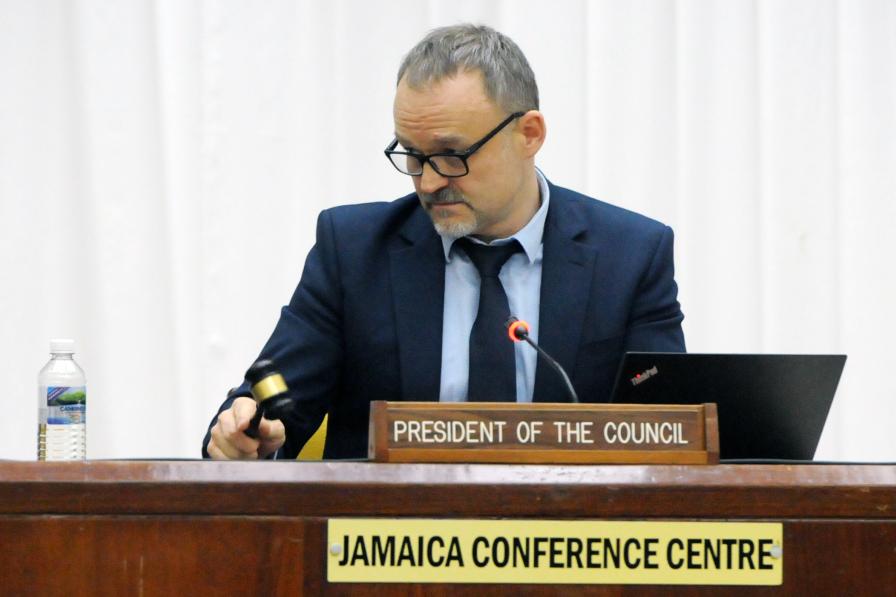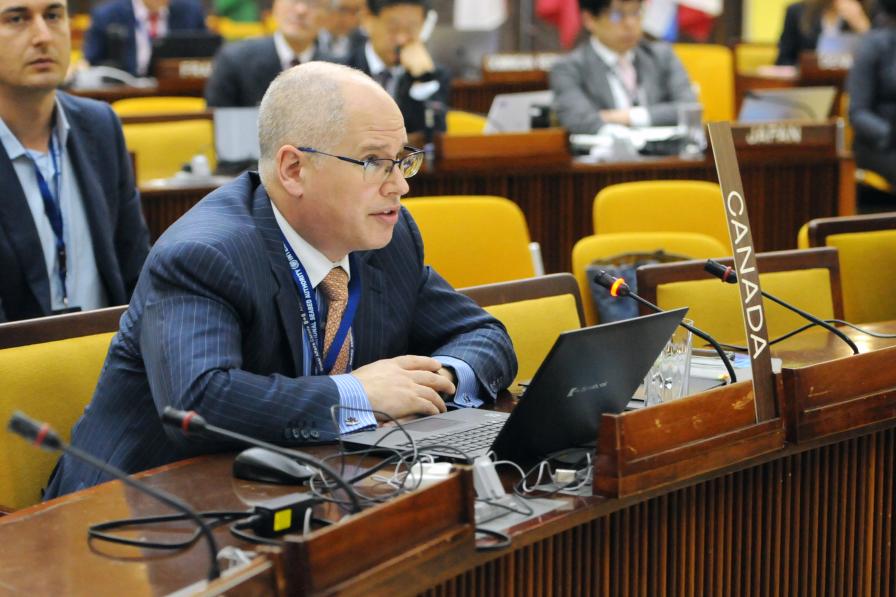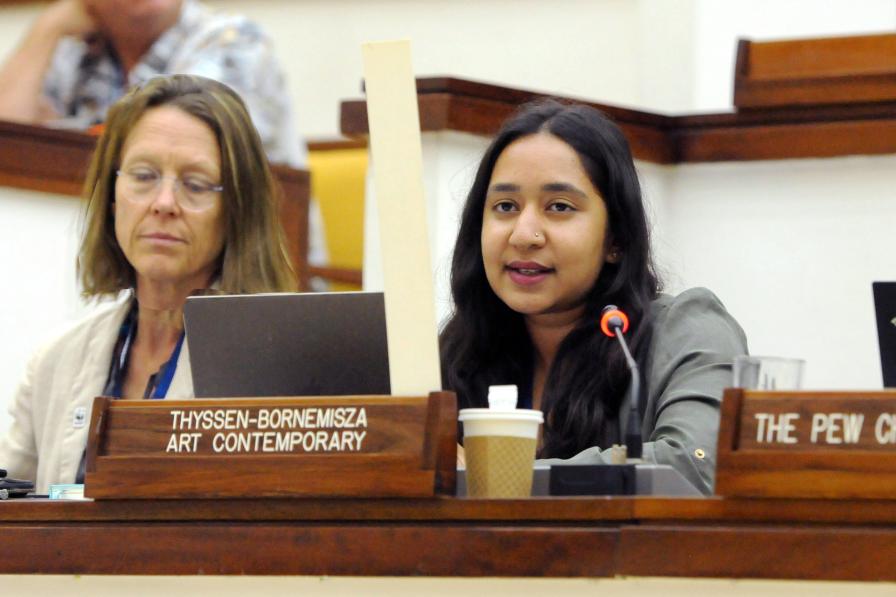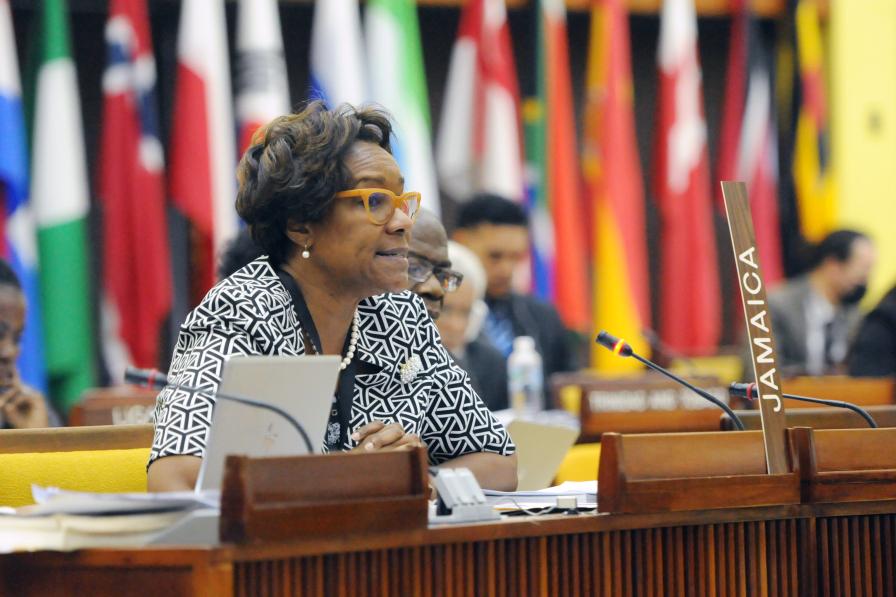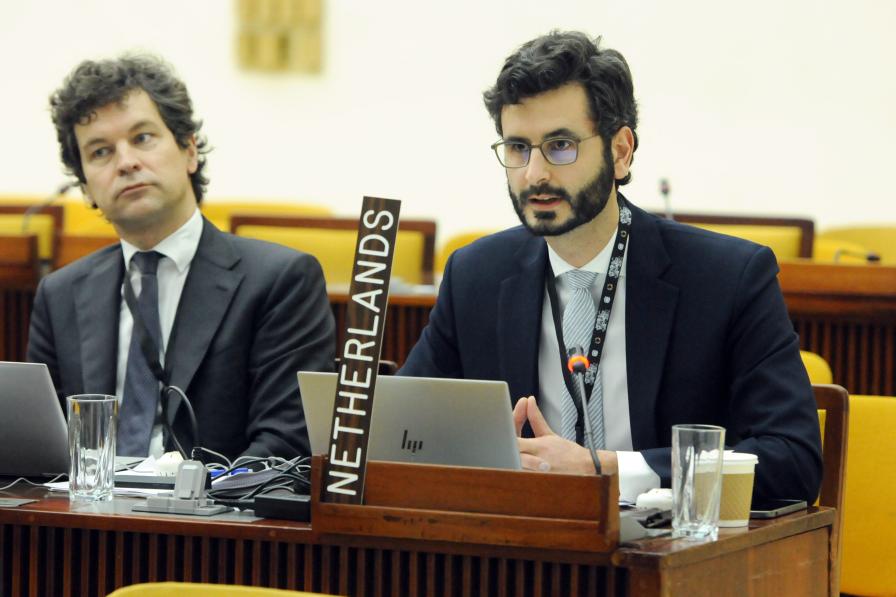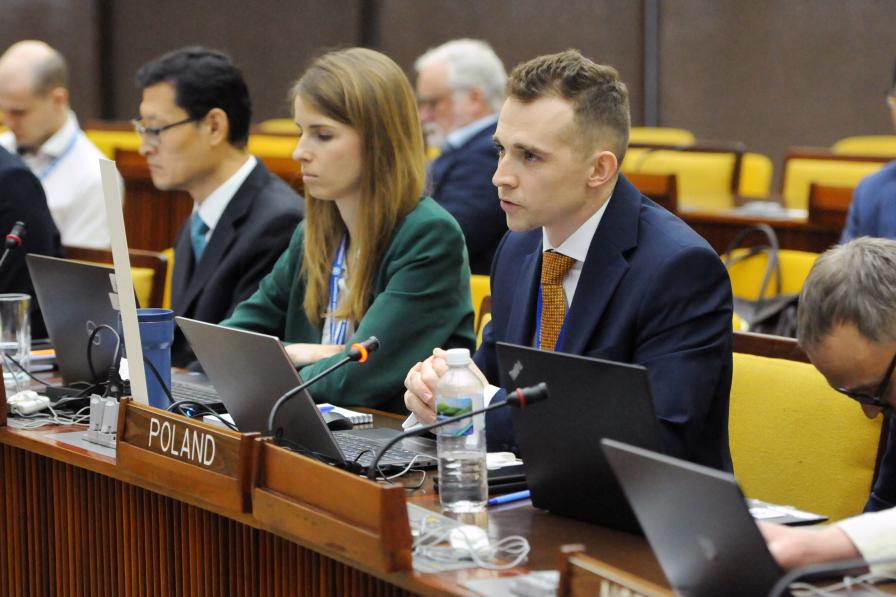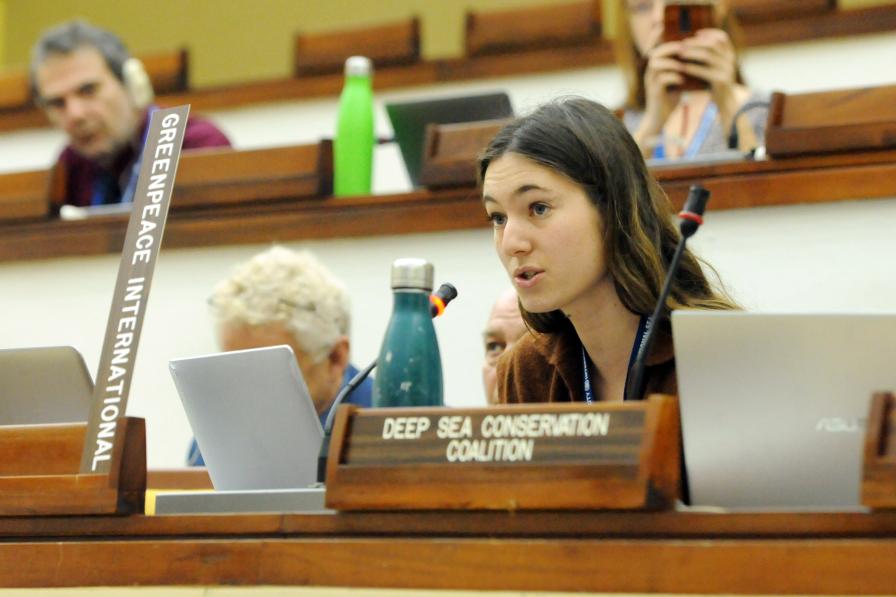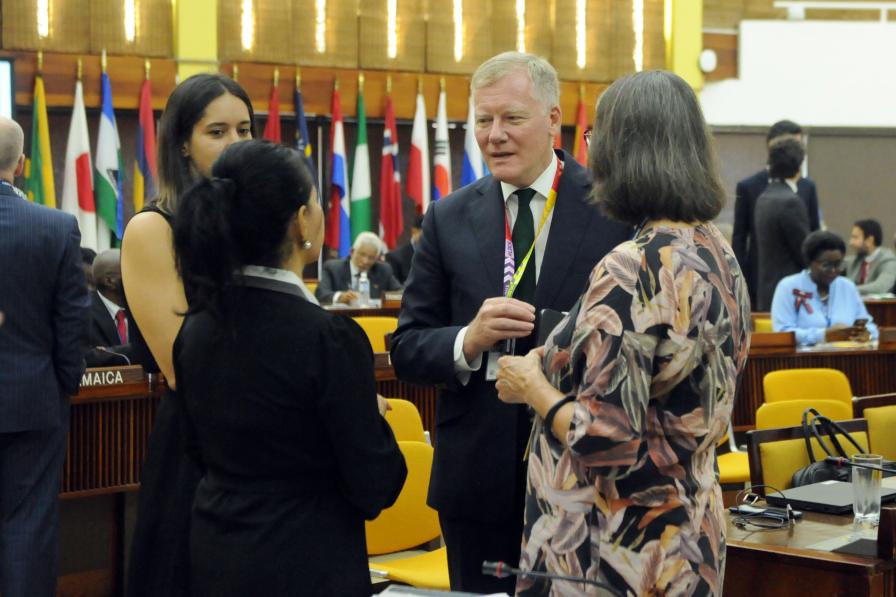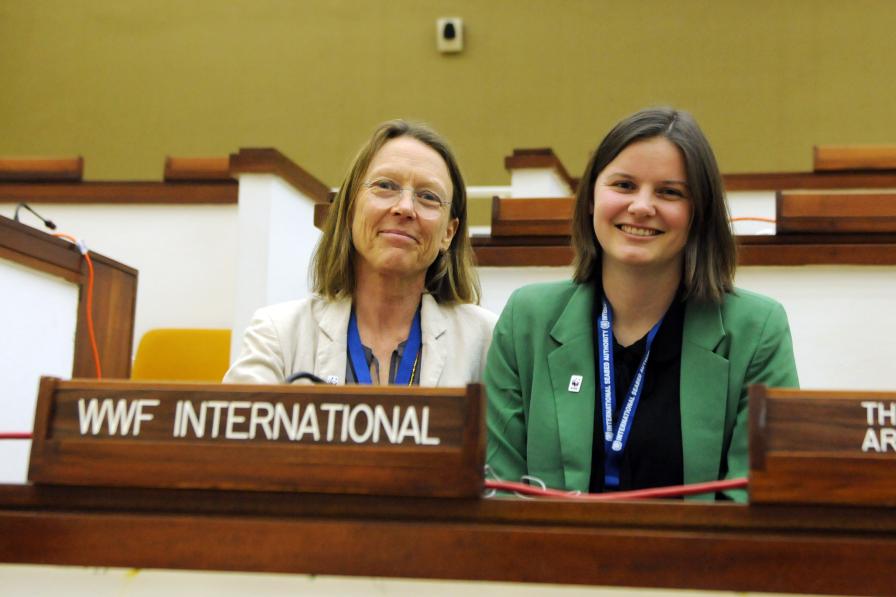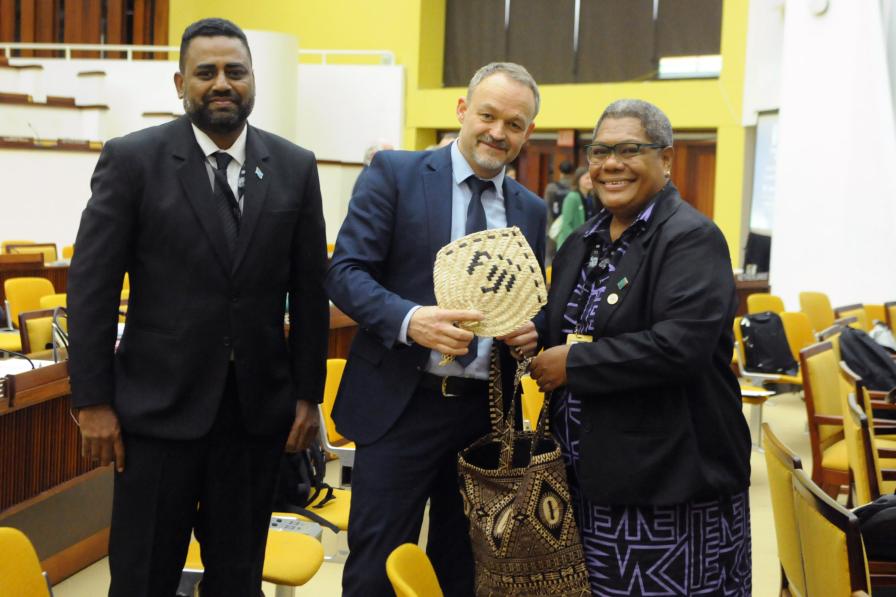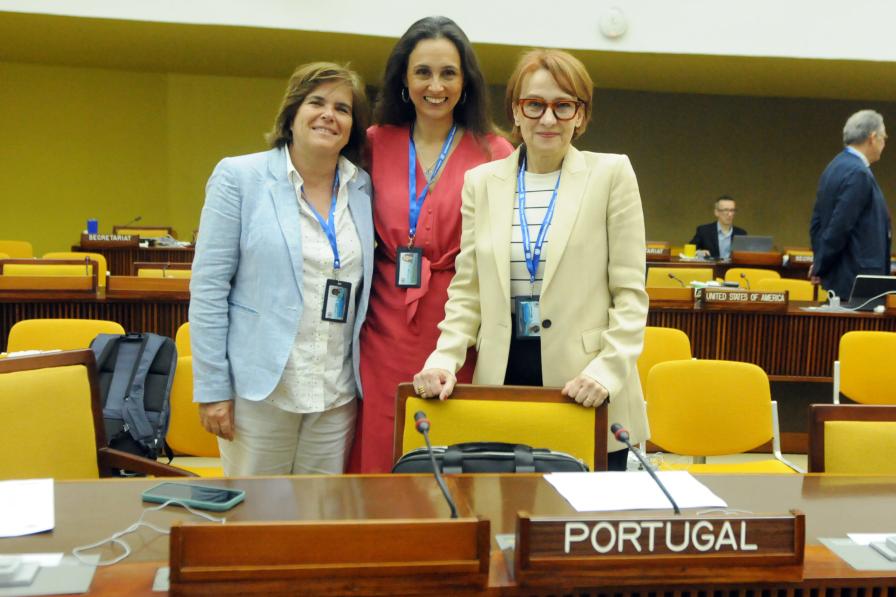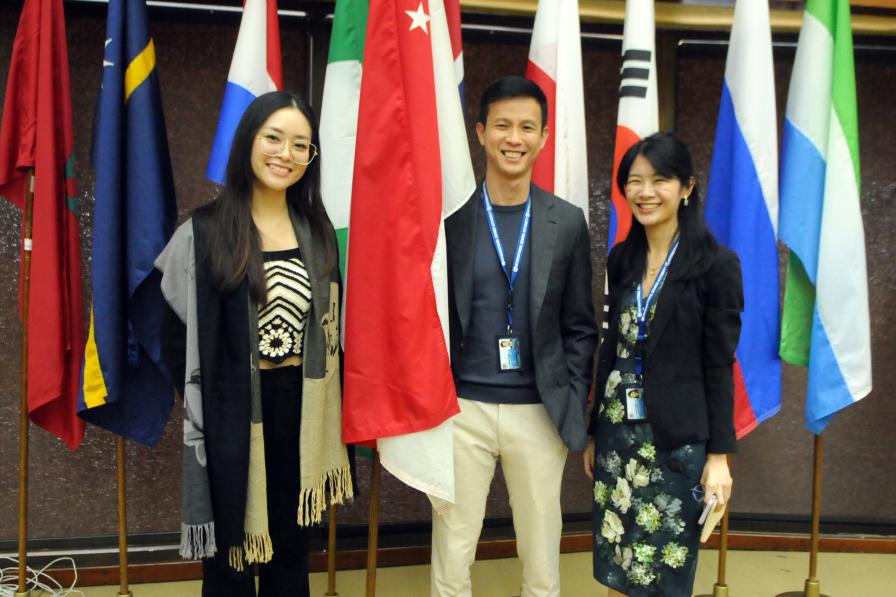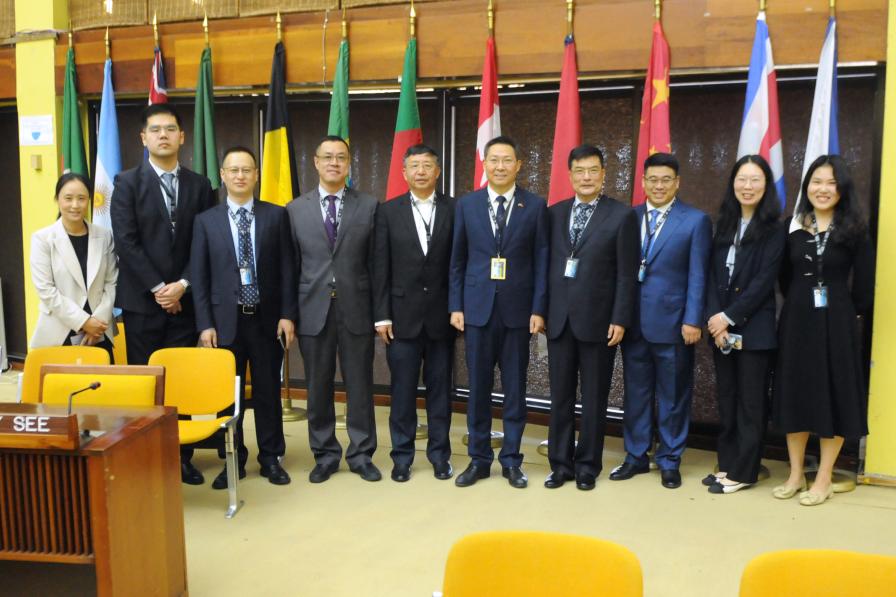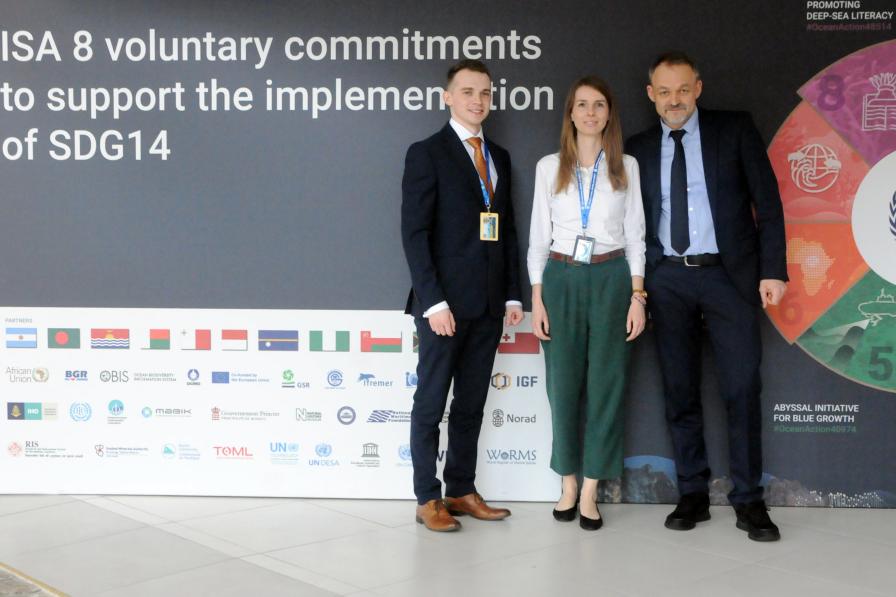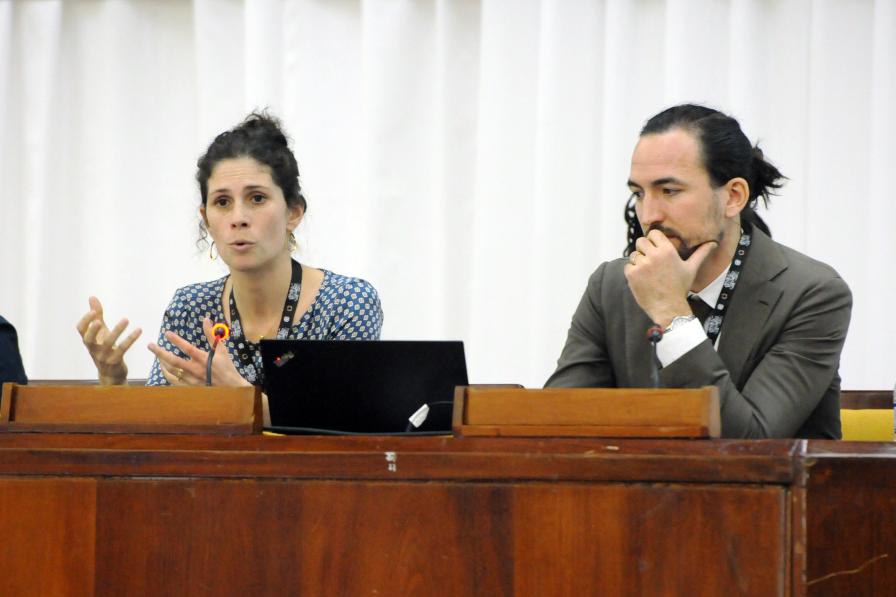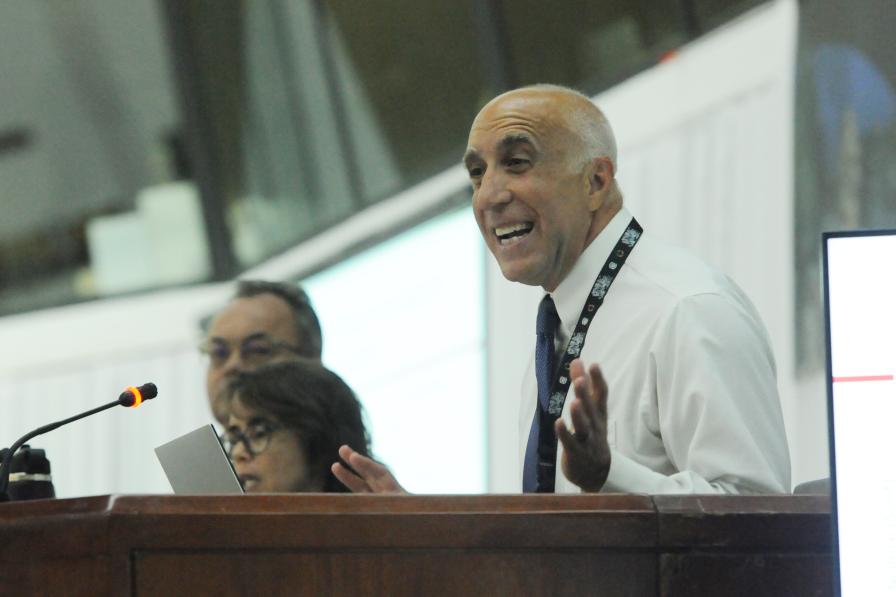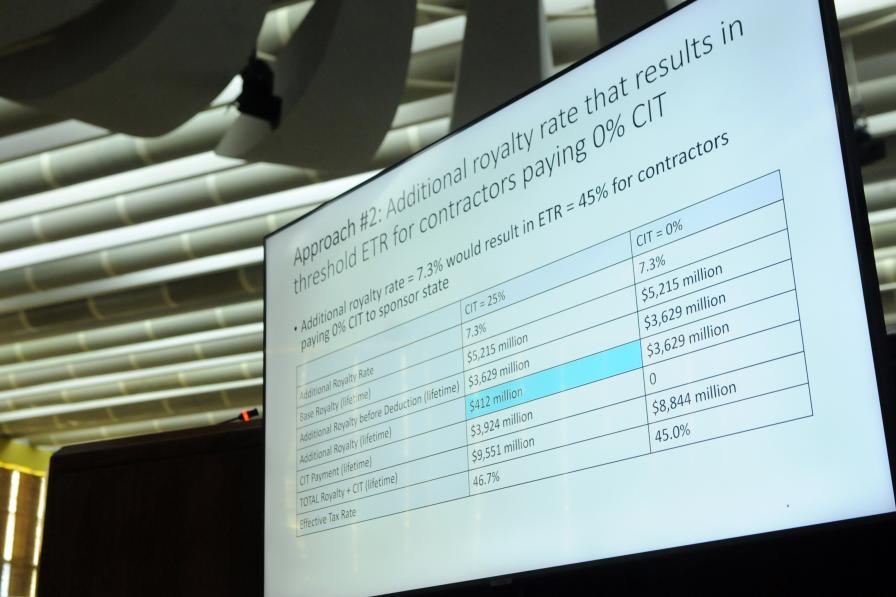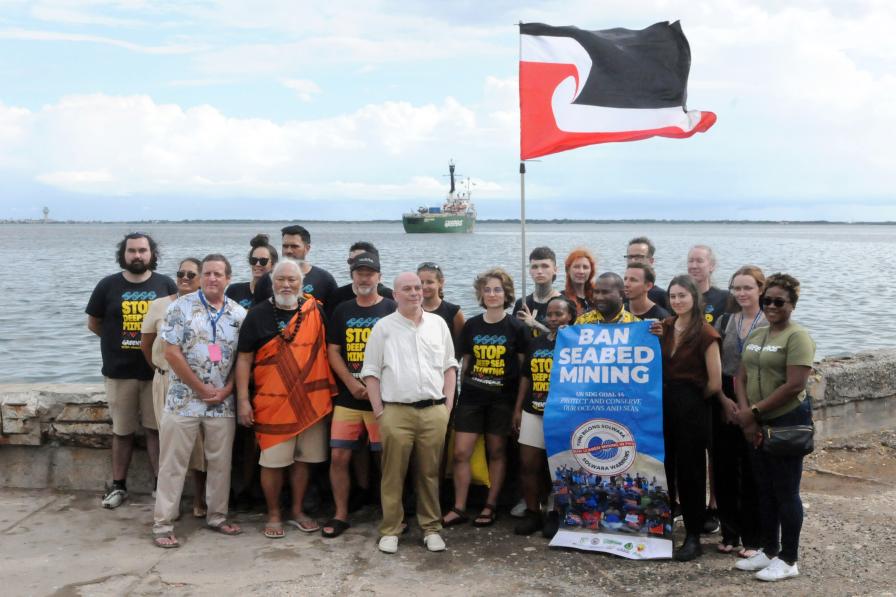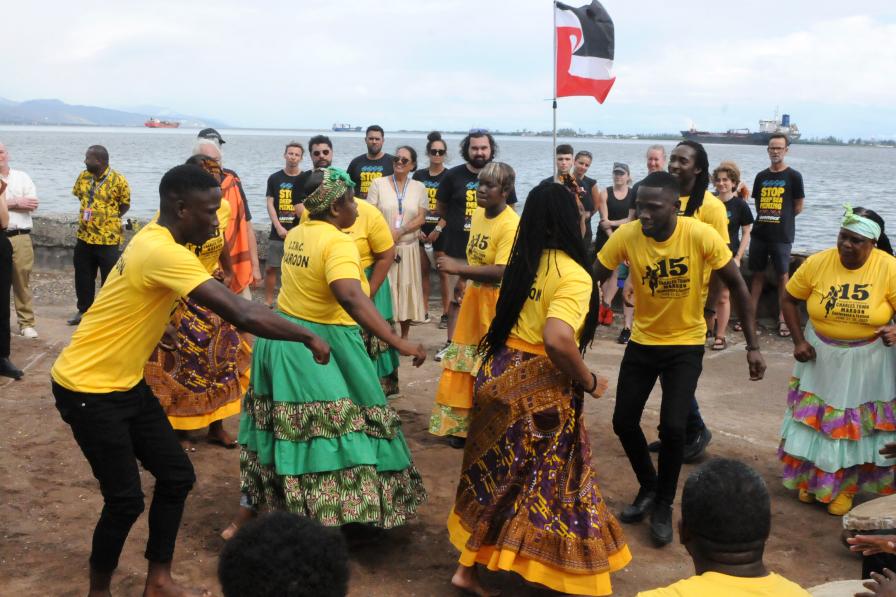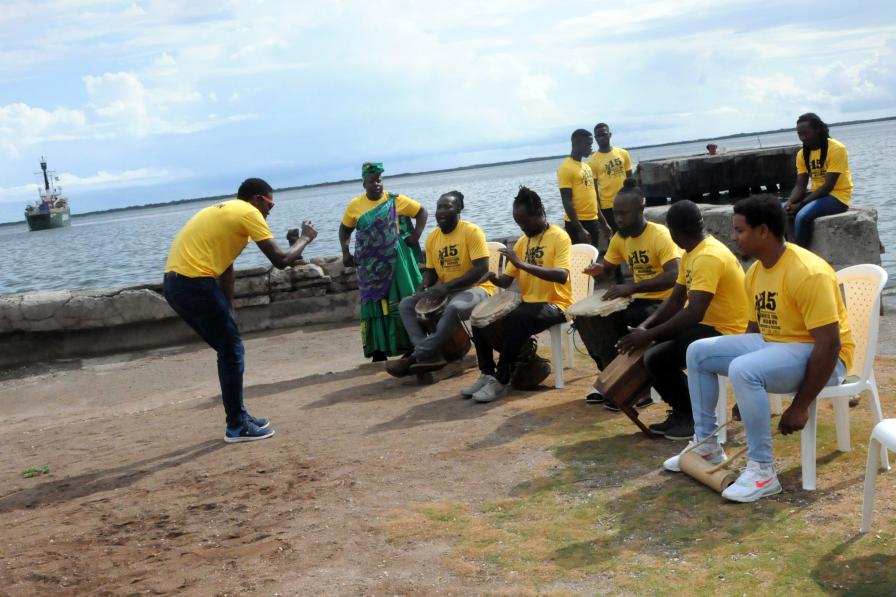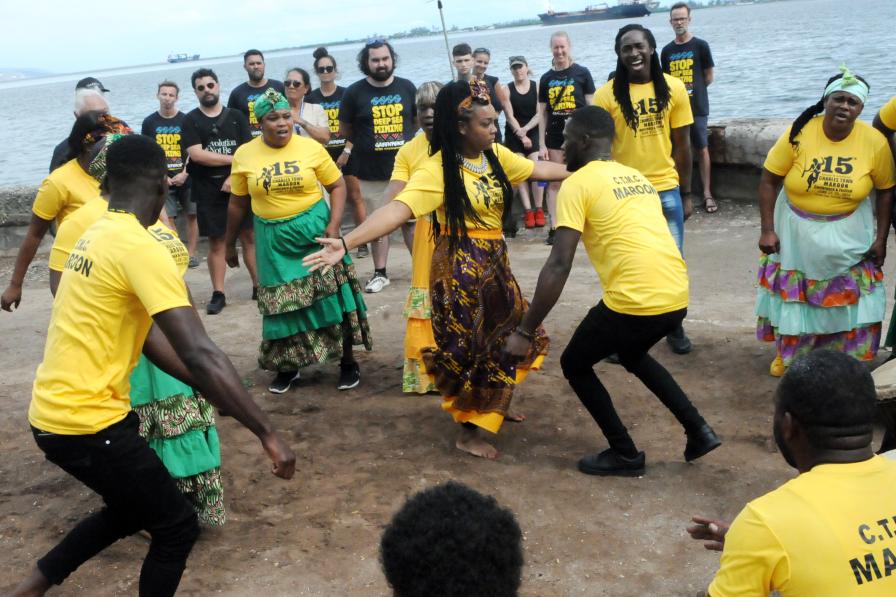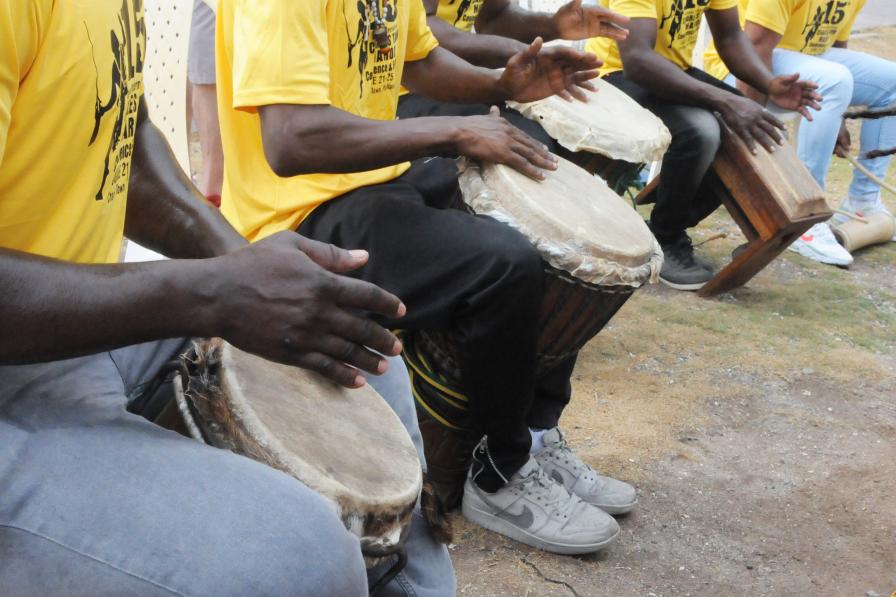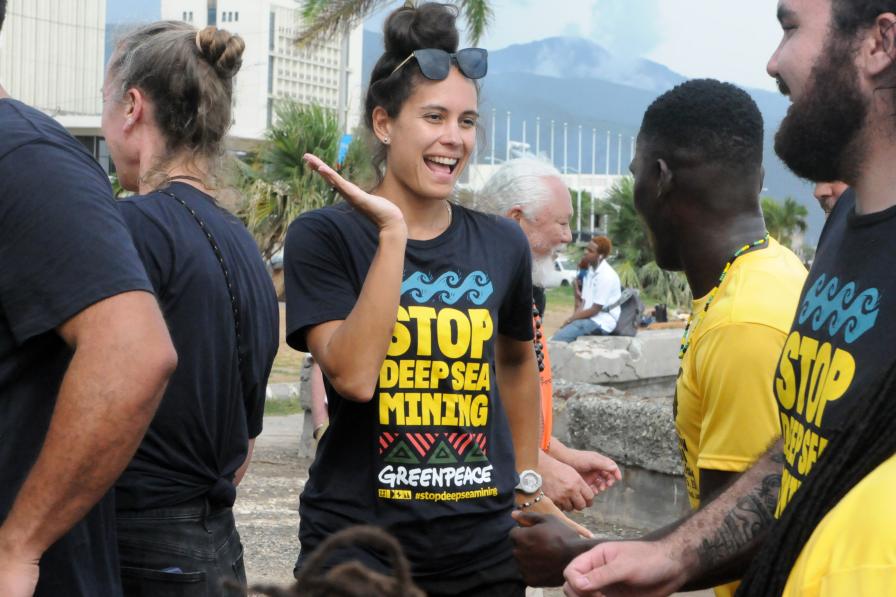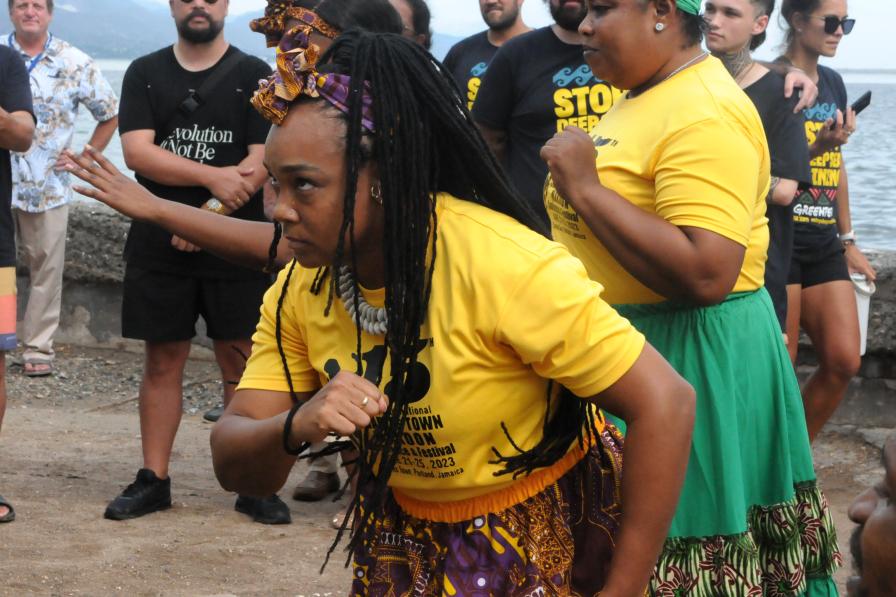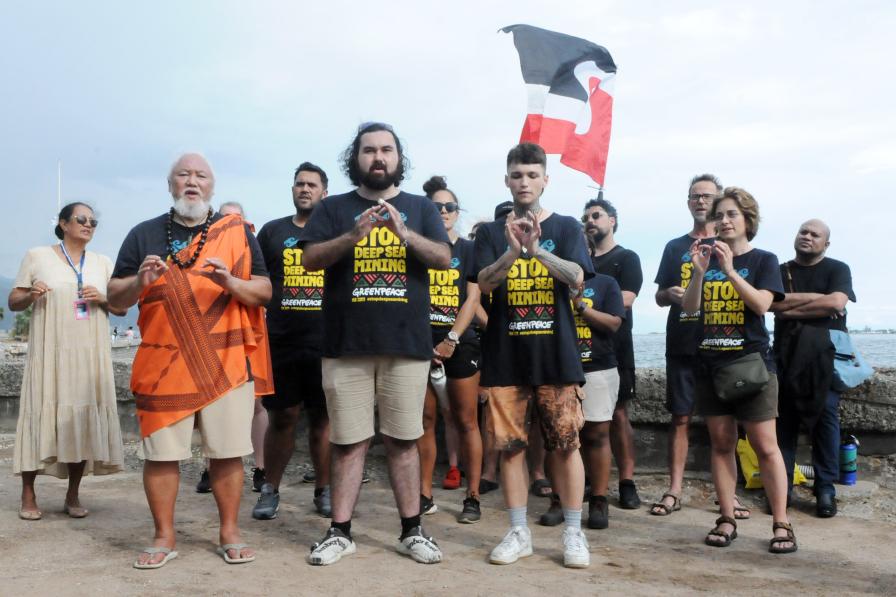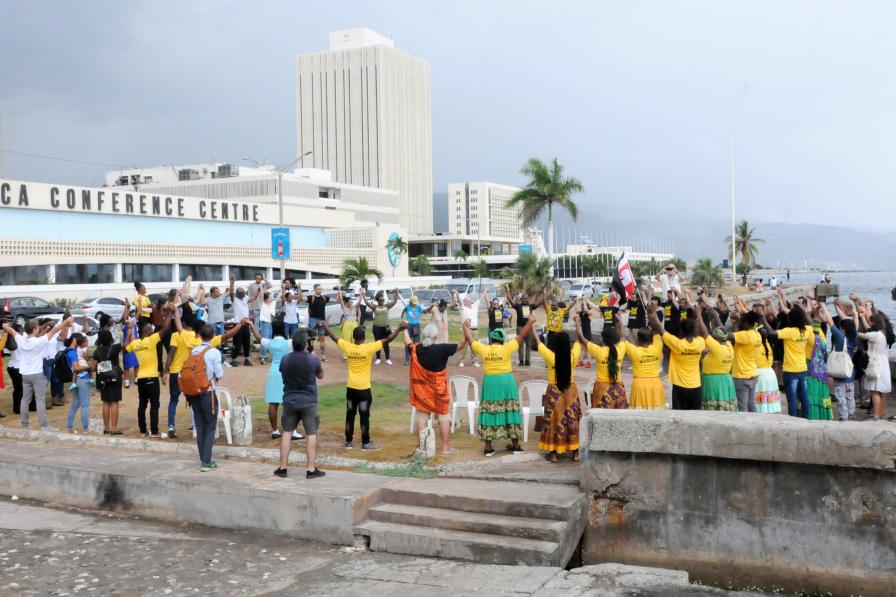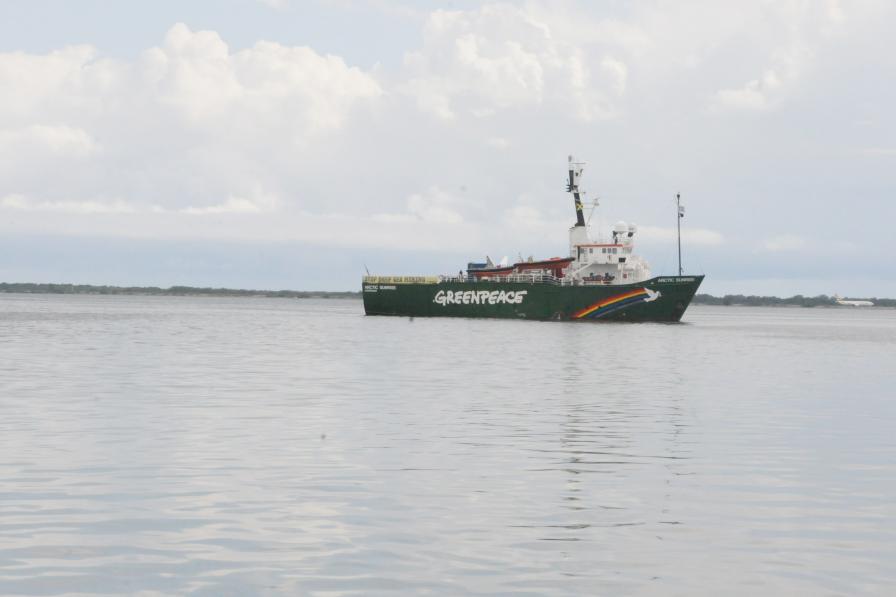The “pressure is now on the International Seabed Authority to deliver.” With these words, Secretary General Michael Lodge addressed the first part of the 28th session of the Council of the International Seabed Authority (ISA) on Thursday, 16 March 2023. He drew attention to three important global conferences held in the previous months: the 15th Conference of the Parties of the Convention on Biological Diversity; the fifth UN Conference on Least Developed Countries; and the conclusion of the negotiations on an international legally binding instrument under the UN Convention on the Law of Sea (UNCLOS) on the conservation and sustainable use of marine biological diversity of areas beyond national jurisdiction (BBNJ).
During the session, delegates
- elected by acclamation Juan José González Mijares, Ambassador of Mexico to Jamaica and Bahamas, and Permanent Representative to the ISA, as President for the 28th session;
- elected representatives from Ghana, Canada, and the Republic of Korea as Vice-Presidents, with a nomination from the Eastern European Group pending;
- adopted the agenda of the Council for its 28th session (ISBA/28/C/L.1); and
- discussed the indicative programme of work for the meeting, with many delegates suggesting that the time allotted to discuss the intersessional deliberations on the two-year deadline is not sufficient and requesting additional time.
President Mijares pointed to the recently concluded BBNJ negotiations as a “triumph of multilateralism.” He stressed the need for fertile negotiations, noting that the Council has the mandate and responsibility to consider, review, and make observations on any plan of work presented to it.
In opening remarks, many delegates underscored that “there can be no exploitation without regulations that ensure high environmental standards.” Belgium cautioned against imposing “artificial deadlines,” noting that two of the three working groups addressing different parts of the draft exploitation regulations have not made sufficient progress.
Germany noted that the international community is not able to “really assess the impacts of deep sea activities” reiterating the call for a “precautionary pause” to allow for fully taking into account the precautionary principle and for filling existing knowledge gaps. Portugal stressed the need to ensure that, in line with the precautionary principle, deep sea mineral exploitation activities should not take place before appropriate regulations are in place.
Canada stressed that deep seabed mining “should only take place if protection of the marine environment is ensured,” including applying the precautionary approach. The UK noted that it will not sponsor any exploitation licenses until there is sufficient evidence on the impacts on the marine environment, and strong regulations and guidelines in place as part of the mining code.
Chile agreed that no exploitation activities in the Area should start before adequate regulations and standards are in place, calling for the effective protection of the marine environment, invoking the precautionary principle, and supporting a precautionary pause. Argentina emphasized that a robust framework is required prior to exploitation activities, which will protect the marine environment, respect the principle of the common heritage of humankind, and include a payment mechanism for benefit-sharing.
Ghana, for the African Group, called for a robust mining code that ensures protection of the marine environment and further stressed the need to work towards the operationalization of the Enterprise. Togo highlighted the interests of developing countries.
Switzerland underscored that exploitation should not start before regulations and institutional arrangements have been finalized and approved, and the protection of the marine environment ensured. Poland stressed the need for transparent regulations with strong environment protection and benefit-sharing components, in accordance with the principles of UNCLOS.
The Federated States of Micronesia, as a member of the alliance of countries calling for a deep seabed mining moratorium, stressed the need to respect the ecosystem approach, the polluter pays principle, and the precautionary principle, calling for rigorous environmental impact assessments and public participation in decision making. Fiji called for caution to increase Ocean-related knowledge and put in place appropriate safeguards prior to commercial exploitation activities.
Jamaica recalled the important responsibility of the ISA to protect the common heritage of humankind, calling for developing synergies within the UNCLOS framework. The Republic of Korea highlighted that this Council session is crucial towards finalizing the exploitation regulations, effectively protecting the deep sea marine environment.
Nauru said that there is no intention to support any exploitation contract prior to the Council meeting in July 2023, pointing to the BBNJ negotiations as a milestone achievement that should lead ISA’s deliberations on the mining code.
Brazil highlighted ISA’s role for the protection of the marine environment, sustainable use, and governance of the Ocean as a whole. She pointed towards the establishment of a benefit-sharing mechanism, and stressed that plans of work should not be approved before the entire framework is adopted.
The Deep Sea Conservation Coalition (DSCC) stressed that deep sea mining will destroy living ecosystems and marine biodiversity, questioning the narrative that metals found in the deep sea are necessary for the required energy transition. Thyssen-Bornemisza Art Contemporary called for a ban on commercial deep sea mining, urging delegates to make 2023 a key year for the Ocean and not open a new frontier for extraction. Greenpeace underscored that the international community stands at a historic crossroads, urging against hastily adopting the exploitation regulations and “opening the Pandora’s box.”
In the afternoon, the Open-ended Working Group of the Council on the financial terms of a contract met for its seventh meeting. The Working Group, facilitated by Olav Myklebust (Norway), listened to two technical presentations, focusing on the proposed financial models.
Alexandra Readhead and Thomas Lassourd, representatives of the Intergovernmental Forum on Mining, Minerals, Metals and Sustainable Development (IGF) presented IGF’s report on the proposed payment regimes for deep sea mining.
Richard Roth, Massachusetts Institute of Technology (MIT), provided an update of the financial model developed for deep sea mining.
Discussions on the financial terms of a contract and payment regimes will continue on Friday, 17 March.
Text written and edited by Asterios Tsioumanis, Ph.D., and Pam Chasek, Ph.D.
All ENB photos are free to use with attribution. For the 1st Part of the 28th Annual Session of the ISA, please use: Photo by IISD/ENB | Diego Noguera
To receive free coverage of global environmental events delivered to your inbox, subscribe to the ENB Update newsletter.
